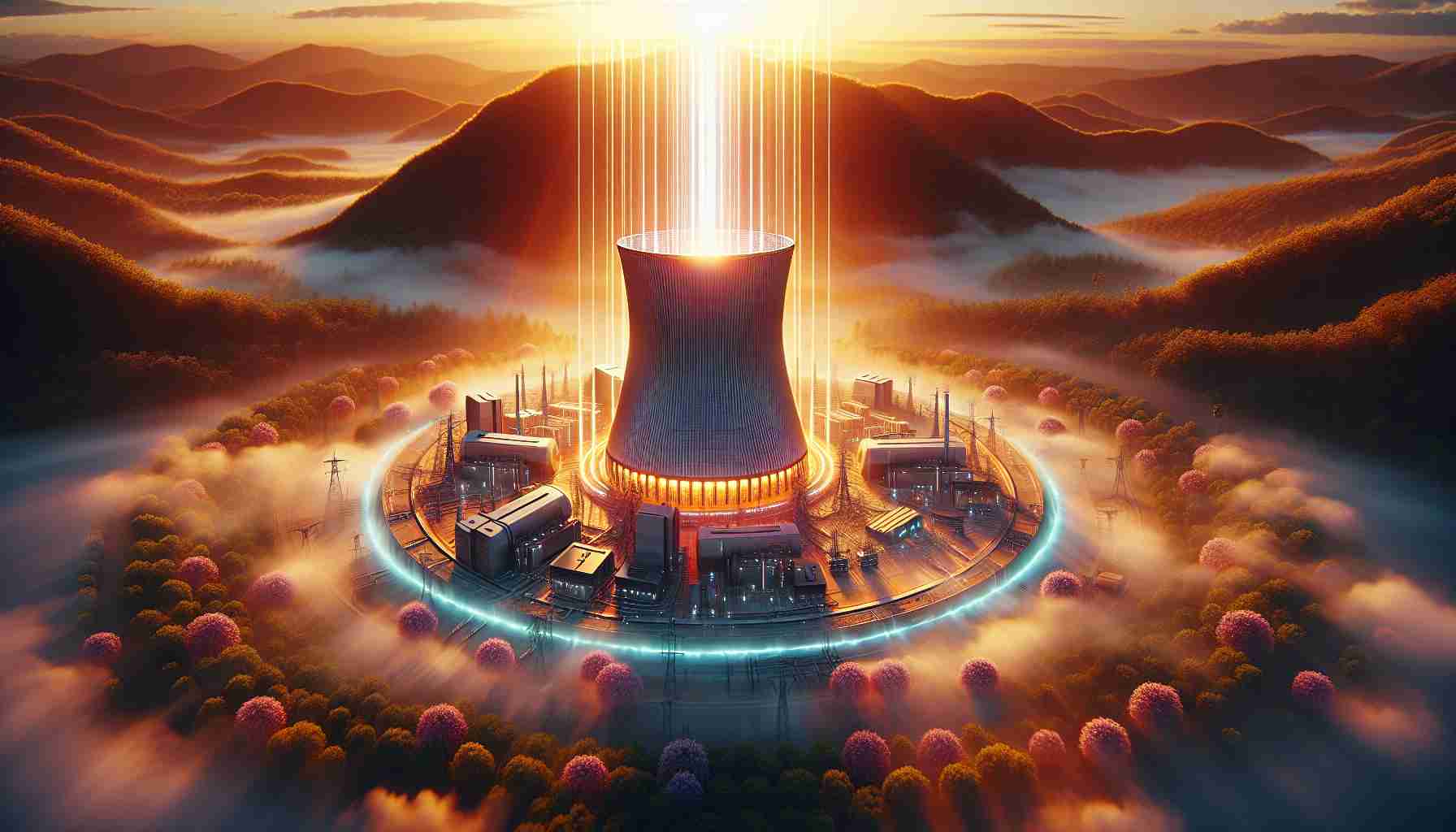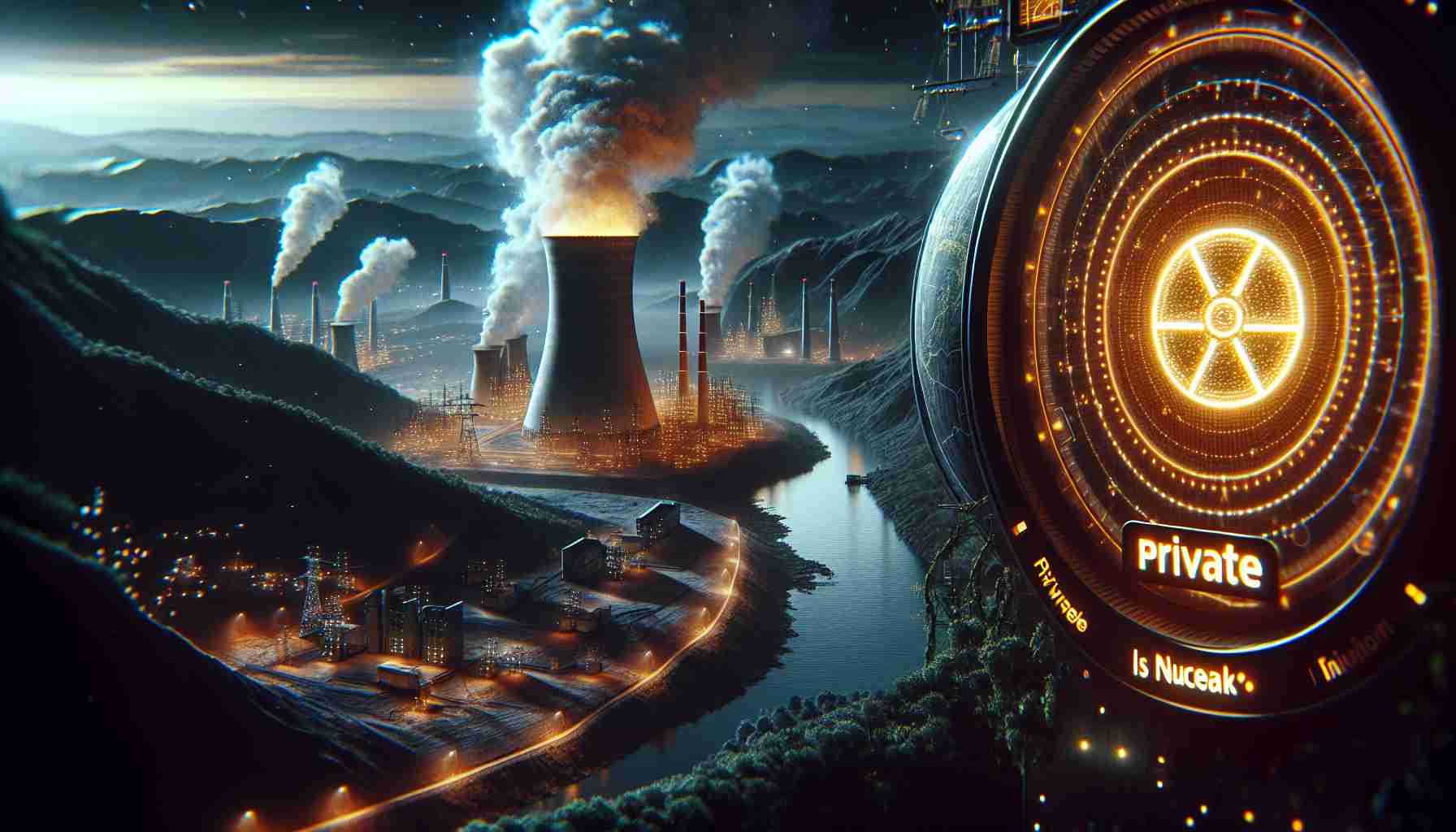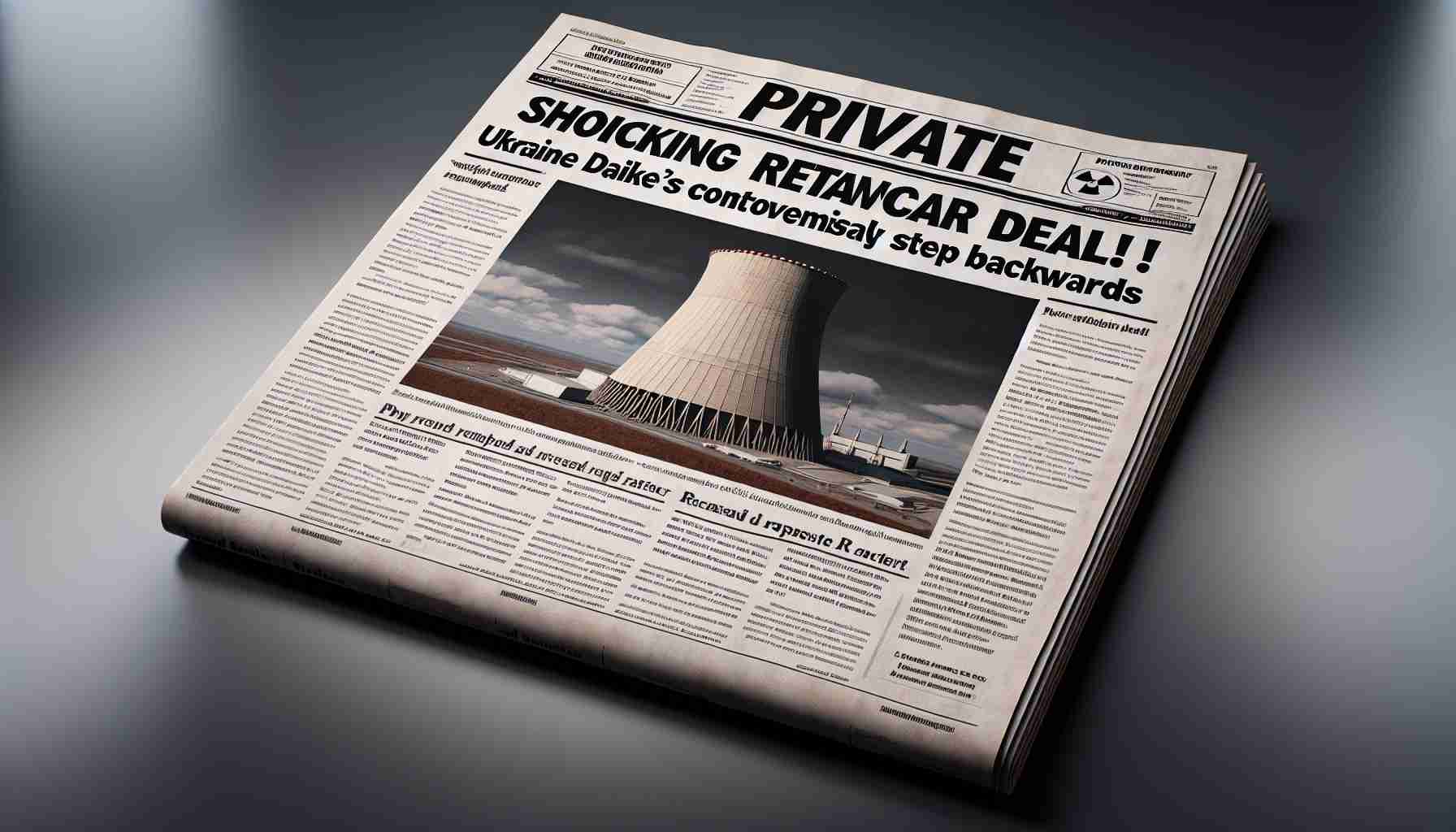Uncovering Nuclear’s Role in Our Future
Recent discussions surrounding nuclear power are reshaping perceptions about energy sources. Environmental journalist Marco Visscher, author of The Power of Nuclear, offers insights into his transformation from a nuclear skeptic to a fervent supporter, underscoring critical issues like climate change and energy sustainability.
Initially, Visscher viewed nuclear energy as outdated and perilous, believing alternatives like solar and wind were the way forward. Reflecting on his earlier writings, he recalls a time when he dismissed nuclear power’s relevance to addressing global climate issues. However, a paradigm shift occurred when he recognized the slow progress in climate policy and the limitations of renewables alone in providing reliable energy.
Visscher emphasizes that nuclear plants have the capability to deliver consistent, carbon-free energy, effectively addressing energy needs while combating rising global emissions. Contrary to common misconceptions, he reveals that nuclear energy has a commendable safety track record. When comparing energy sources, studies indicate that nuclear power ranks alongside wind and solar in terms of safety, significantly lower than fossil fuels, which have substantial environmental risks.
Engaging with institutions like the IPCC and the International Energy Agency has led Visscher to better understand nuclear technology’s potential. As conversations about building new nuclear facilities grow, his advocacy for a balanced approach to future energy sources becomes increasingly relevant, especially in regions like Africa seeking sustainable solutions.
The Broader Implications of Embracing Nuclear Energy
The renewed focus on nuclear power holds profound implications for society and our global economy. As countries grapple with the pressing need to mitigate climate change, incorporating nuclear energy provides a critical pathway towards achieving carbon neutrality. With the International Energy Agency projecting that global electricity demand could rise by nearly 60% by 2040, nuclear power is essential for fulfilling this demand sustainably while reducing greenhouse gas emissions.
Culturally, embracing nuclear power challenges long-held perceptions and fears surrounding its safety and waste management. Increased public discourse can lead to a more informed citizenry, able to engage in fact-based discussions about energy production. As Visscher’s transition illustrates, moving from skepticism to advocacy signifies a broader societal shift that could enhance public support for diverse energy portfolios.
However, the potential environmental effects of expanded nuclear usage present complex challenges. While nuclear energy produces minimal emissions, the effective management of radioactive waste remains a significant concern. Investments in advanced reactor designs and waste disposal technologies are vital for sustainability and public acceptance.
Looking ahead, trends indicate a renewed interest in innovation within the nuclear sector, such as small modular reactors (SMRs) and fusion technology. These advancements could redefine energy landscapes, making nuclear an integral part of a resilient, low-carbon future. While the road to widespread acceptance may be fraught with debate, the long-term significance of nuclear power in combating climate change cannot be understated.
The Surprising Revival of Nuclear Power: A Sustainable Future Awaits
Uncovering Nuclear’s Role in Our Future
Recent discussions surrounding nuclear energy are fundamentally changing perceptions about this powerful energy source. Environmental journalist Marco Visscher, author of The Power of Nuclear, reflects on his journey from nuclear skepticism to enthusiastic support, raising awareness on critical issues such as climate change and energy sustainability.
# Insights from a Nuclear Advocate
Visscher initially regarded nuclear energy as outdated and fraught with danger, favoring renewable alternatives like solar and wind. However, as he delved deeper into the complexities of energy policy and the urgent need to address climate change, his perspective shifted dramatically. This transformation was driven by a recognition of the challenges that renewables face in providing consistent and reliable energy outputs.
# The Carbon-Free Energy Potential of Nuclear Power
One of the key points Visscher makes is that nuclear plants are capable of delivering stable, carbon-free energy. As the world grapples with rising global emissions, nuclear power emerges as a viable solution to meet energy demands while contributing to the fight against climate change. Contrary to widespread concerns, nuclear energy boasts a strong safety track record; studies indicate that its safety performance rivals that of wind and solar, significantly outpacing the risks associated with fossil fuels.
# Engaging with Leading Energy Institutions
Visscher’s engagement with global institutions like the Intergovernmental Panel on Climate Change (IPCC) and the International Energy Agency (IEA) has enhanced his understanding of nuclear technology’s potential. These interactions underscore the need for informed discussions about nuclear energy, especially as more nations consider expanding their nuclear facilities. Visscher advocates for a balanced approach to future energy sources, integrating nuclear alongside renewables to create a robust energy strategy.
# Advantages and Limitations of Nuclear Energy
Pros:
– Consistent Energy Supply: Unlike solar or wind, nuclear power can provide a continuous energy supply, crucial for energy stability.
– Low Greenhouse Gas Emissions: Nuclear energy generates minimal direct CO2 emissions, offering a crucial tool in combating climate change.
– High Energy Density: Nuclear fuel contains a vast amount of energy in a small volume, reducing the need for extensive energy infrastructure.
Cons:
– Nuclear Waste Management: Long-term storage solutions for spent nuclear fuel pose significant challenges.
– High Initial Costs: Building nuclear plants involves substantial capital investment and long timelines.
– Public Perception: Misunderstandings and fears surrounding nuclear safety continue to influence public opinion and policy decisions.
# Use Cases and Global Trends
Countries worldwide are revisiting nuclear energy to achieve climate goals and energy independence. Regions like Africa, where energy access is critical for development, are particularly interested in harnessing nuclear power alongside other renewable sources. The flexibility of nuclear technology, including advancements in small modular reactors (SMRs) and next-generation reactors, presents exciting opportunities for cleaner energy generation.
In conclusion, as the global community seeks sustainable energy solutions, the ongoing dialogue about nuclear power becomes increasingly vital. Embracing nuclear energy as part of a diverse energy portfolio could significantly mitigate climate change impacts and ensure stable energy supplies for the future.
For more information on the evolving role of nuclear energy, visit the Nuclear Energy Insider.
The source of the article is from the blog cheap-sound.com



